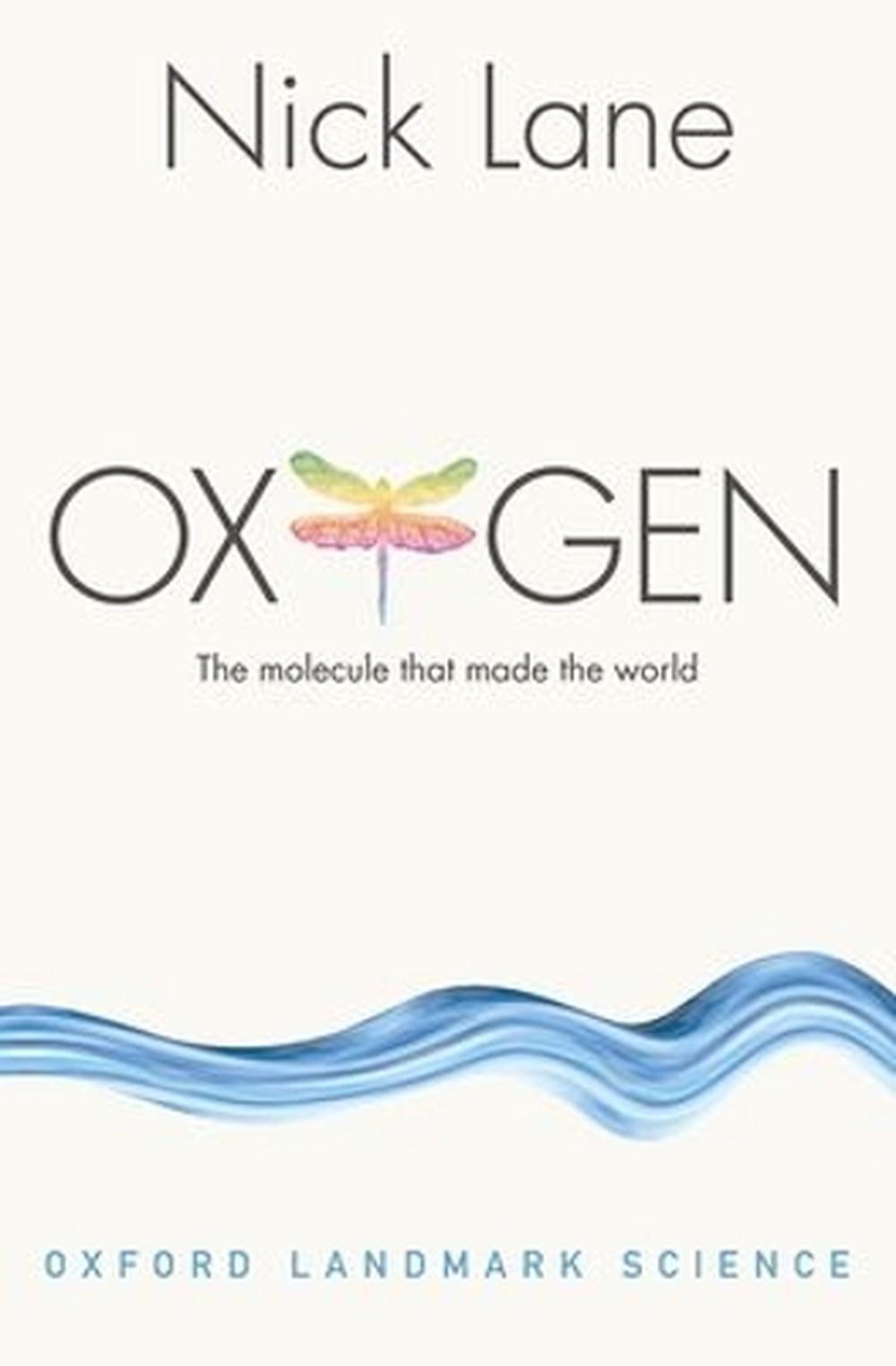

His theories are ingenious, breathtaking in scope, and challenging in every sense. He is an original researcher and thinker and a passionate and stylish populariser. He is a researcher in evolutionary biochemistry at University College London who has been developing his grand energy theory of life, the universe and everything for more than two decades, explaining it in the books Oxygen (2002), Power, Sex, Suicide (2005) and Life Ascending (2009), which won the Royal Society book prize in 2010. Lane shows how all the rest can follow if we put energy first. It is widely recognised that the creation of a viable primitive living cell, capable of reproduction and Darwinian selection, has three requirements: a containing membrane, which acts as an interface between the organism and the environment replicators able to store the genetic instructions for the organism and to synthesise its chemical apparatus and a way of taking energy from the environment and putting it to work to run the cell’s processes. Information without energy is useless (pull the plug on your computer) information could not have started the whole thing off but energy could. Of all the definitions of life, the one that matters most concerns energy: the churn of metabolic chemistry in the cells and the constant intake of nutrients and expulsion of waste are the essence of life.


While most researchers have been bedazzled by DNA into focusing on how such replicating molecules have evolved, Nick Lane’s answer could be characterised as “it’s the energy, stupid”.


 0 kommentar(er)
0 kommentar(er)
